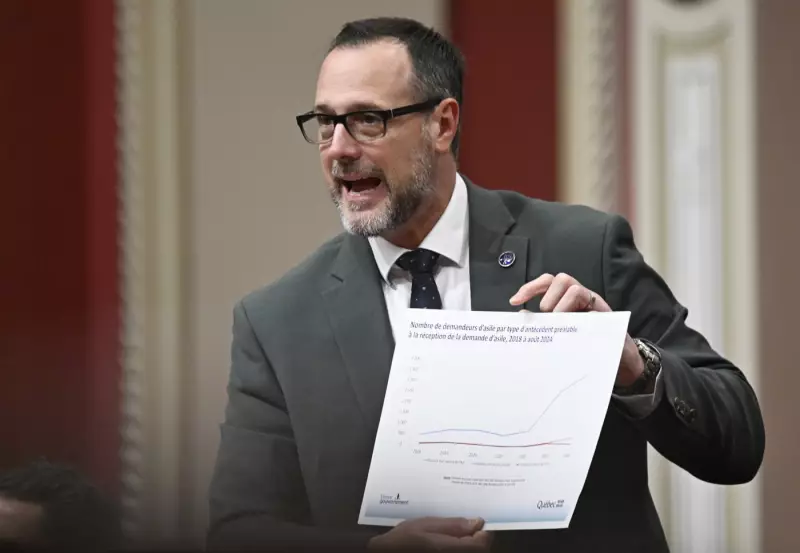
In a significant policy shift that's sending ripples across Canada's immigration landscape, the Quebec government has announced substantial reductions to its permanent resident admission targets for the coming year.
The Coalition Avenir Québec government revealed it will welcome approximately 50,000 new permanent residents in 2024—a sharp 20% decrease from previous years. This move represents one of the most substantial immigration reductions in recent Quebec history and signals a major departure from federal immigration approaches.
Behind the Numbers: Quebec's New Immigration Strategy
Christine Fréchette, Quebec's Minister of Immigration, Francisation and Integration, defended the decision by emphasizing the need for sustainable integration and addressing the province's pressing housing crisis. "We're not closing the door, but we're being strategic about who we welcome and how we support them," Fréchette stated during the announcement.
The revised targets break down as follows:
- Significant reductions in economic immigration categories
- Maintained levels for family reunification programs
- Increased focus on French-language proficiency requirements
- Enhanced support services for successful integration
Economic Implications and Industry Reactions
Business leaders and industry associations have expressed mixed reactions to the announcement. While some acknowledge the challenges of rapid population growth, others warn that reduced immigration could exacerbate labor shortages in key sectors.
"We understand the housing pressures, but we're concerned about finding workers for our manufacturing plants and service industries," noted a representative from Quebec's largest employers' association.
Federal-Provincial Tensions Surface
The decision highlights ongoing tensions between Quebec and Ottawa regarding immigration jurisdiction. While Quebec maintains unique authority over its immigration selection, the federal government oversees permanent resident status—creating a complex bureaucratic landscape that newcomers must navigate.
Immigration advocates have raised concerns about the human impact of these changes, noting that thousands of hopeful applicants now face uncertain futures and extended waiting periods.
As Quebec charts this new course, all eyes will be on how these policy changes affect the province's economic growth, social fabric, and position within Canada's broader immigration framework.






